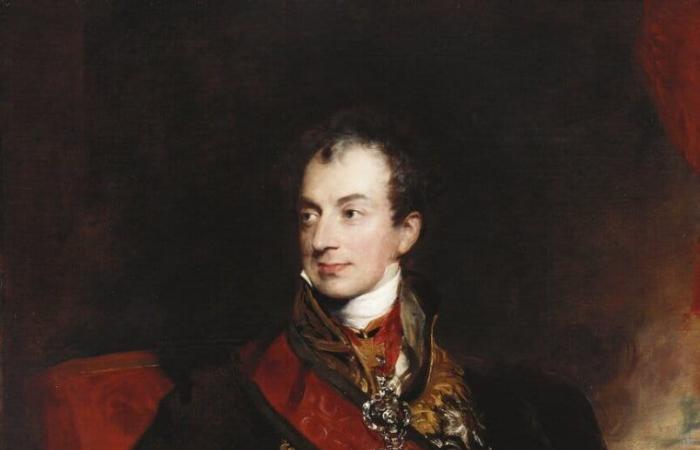
HISTORY. The historical fact remains, in France, relatively little known. It was in Langres, at the end of January 1814, that the fate of Napoleonic France, then besieged by the coalition formed by England, Russia, Prussia and Austria, almost was resolved by a summit meeting between the Tsar Alexander I, King Frederick William III of Prussia and Prince Metternich. Narrative.
From the crucial months of 1813-1814, which were those of the fall of Napoleon I, carried away by the coalition of all his European enemies determined to exploit his new weakness after the Berezina, History willingly remembers the political summits that constituted the “Frankfurt Proposals” (November 1813) and naturally the famous Congress of Vienna (1814-1815), after the Restoration. There was, however, a third, much more neglected by historians today. By the admission of its actors, it could have changed the course of History. This is the Langres Protocol, established at the end of January 1814.
At the beginning of 1814, and after just a few weeks of war, the disarray was complete for what remained of the Great Napoleonic Army. The Imperial Guard itself deserted Langres and, on January 21, 1814, it was without resistance that the Russians entered, under the leadership of Tsar Alexander I in person, perched on a magnificent white steed. Decision was then made by the Russian emperor to establish his quarters in the city of Denis Diderot. A Denis Diderot who was briefly, when the Tsar was a child, one of his tutors, at the request of the great Catherine II.
A tourist named Alexander I
Delighted to find himself in the hometown of a man of wit whom he admires, Alexandre settles in with Mr. de Chalancey and happily walks the streets of Langres, chatting in French with the inhabitants and admiring the monuments. According to the historian Henri Troyat, his army of Cossacks set up camp on Place Bel’Air, with his camels and all their equipment. The Tsar waits on Lingonian soil for his Prussian and Austrian counterparts.
King Frederick William III of Prussia arrived on the evening of January 22, followed, on the 25th, by the Austrian Prince Metternich (who stayed without ceremony with a Langres doctor named Pistollet). Serious things begin, and a geopolitical summit of the three Allies then takes place until January 29. In his MemoirsMetternich writes bluntly: “On January 25, we entered Langres and the following days were filled with deliberations of the greatest importance. They would remain forever unknown if I did not bring them here. The main questions were only discussed between the Emperor of Russia and me.
The Langres mountain gives birth to a mouse
The meeting at Langres was indeed almost the one that could have saved the Emperor Napoleon. Austria came close to withdrawing from the war, as the political disagreement was close to the point of no return. The conclave was, in fact, intended to do nothing less than determine the future fate of France, once Napoleon was put out of harm’s way. The victory of the coalition was, in fact, no longer in doubt.
But, at Langres, the tsar stunned his allies. While Frederick William III and Metternich very quickly agreed on the restoration of the monarchy and the return of the Bourbons in the person of their friend Louis XVIII, Alexander, converted to liberal ideas, was reluctant and wanted the establishment of a republican regime. He is encouraged in this sense by his advisor La Harpe, an absolute admirer of… Diderot. Discussions stalled until January 29 when Metternich, at the end of his nerves, threatened the Tsar to withdraw Austria from the coalition. Alexander then bows: “I do not persist in my project since it is contrary to the wishes of my allies.”
The Langres Protocol, wisely, then ratifies the postponement of the question to a later date. The tense meeting at the Langres summit will, in the end, give birth to a mouse…
N. C.





